This post is part of my on-going series about quality travel. Find out what it is and why it’s important, and if you missed it, please check out the previous post “Quality Travel: How? Part 1.”
If you’d like to get more out of your travel experiences while leaving a more positive impact on the destination, the following suggestions and resources are for you:
Support local shops and artisans
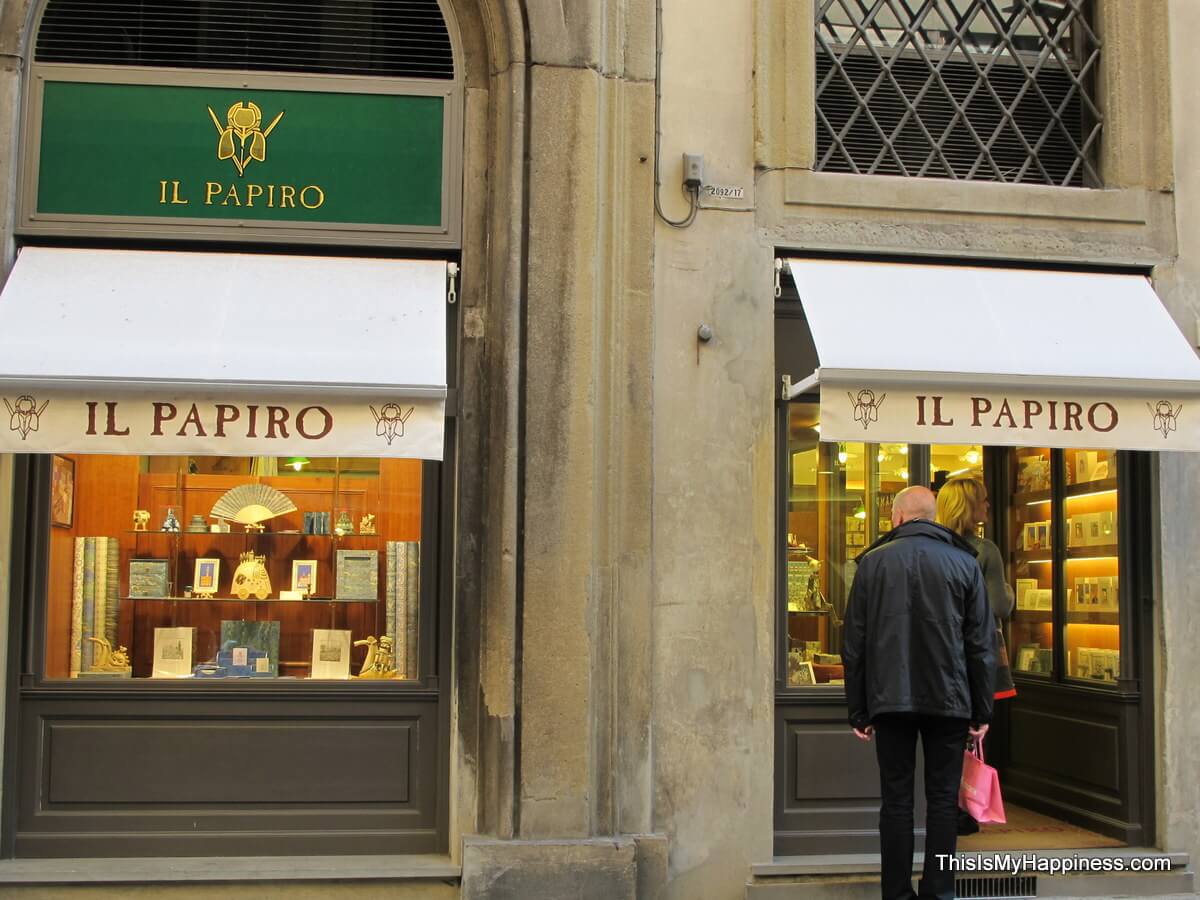
While it can be good to support local people through buying souvenirs at outdoor markets, it’s important to also support the local crafts and artisan traditions at the small shops. Handmade items that represent the traditions of the place you are visiting make both great gifts for family and souvenirs for yourself. To me, it’s worth it to splurge a little on something you will remember and use often, like ceramics or the handmade leather wallet I bought from an artisan in Florence.
Get off the beaten path
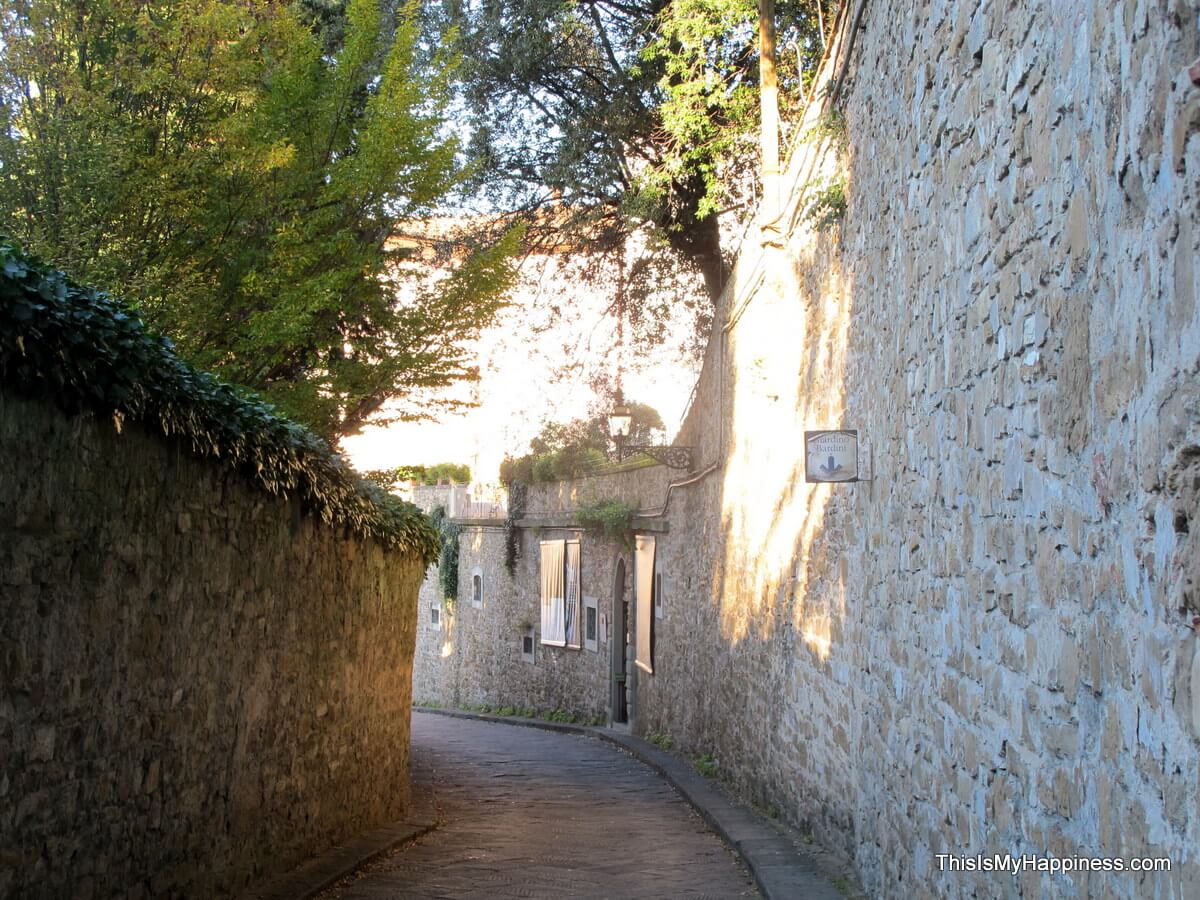
Most historic places have so much more to offer than just the usual top attractions. Balancing time visiting the “must-sees” with time exploring less-known places makes for a more rewarding travel experience. While you don’t want to miss out on visiting the famous places, which of course are famous for a reason, you do want to see the real city and explore where you might be the only tourist.
Stay tuned for upcoming guest posts about off-the-beaten-path ideas for popular destinations. I can’t wait to see what others recommend! For my suggestions for getting off the beaten path in Prague, click here.
Do some research so you can travel responsibly
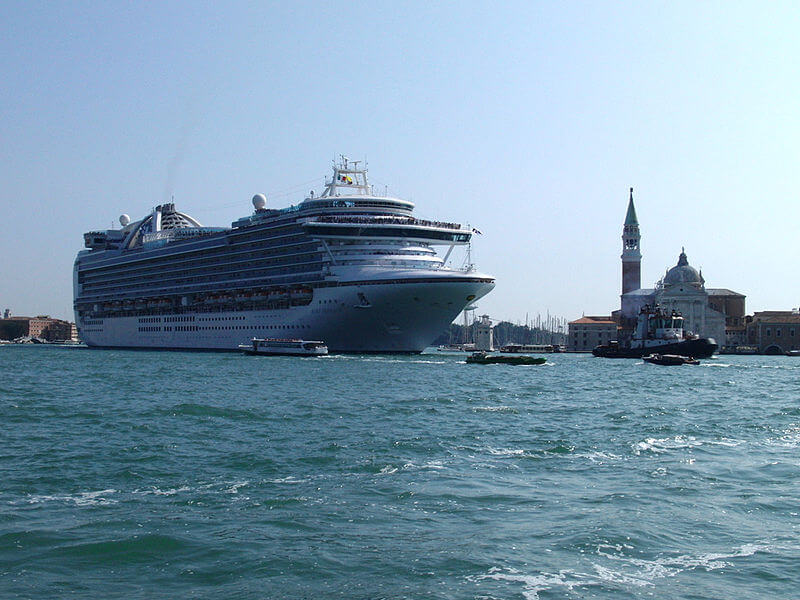
Try to find out what the issues are in the place you are going, including any negative effects of tourism. Some places, like Prague or Venice, are already well-known for the impact of crowds on the historic center. In that type of place, make an effort to support sights and shops away from the touristy areas.
In other places, animals may be exploited by local people as a way of making money from tourists. Researching places before traveling will help you make wise choices. For instance, find out why you shouldn’t ride elephants in Thailand or where you can ride horses that are given excellent care, instead of looking like they’re malnourished, in Mexico.
Volunteer
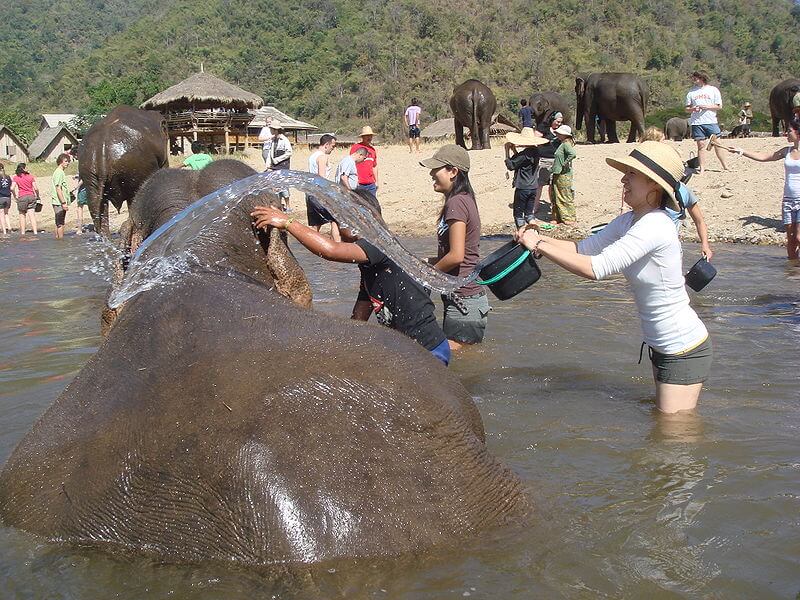
This is something that I have not done but am starting to think hard about. At Florens2012, one of the other TeamFlorens winners, Sucheta Rawal, inspired me with her stories of volunteering around the world. She began a non-profit, Go Eat Give, that takes people on volunteer vacations to places such as Bali, Spain, India, Russia, and Morocco. I look forward to learning more about Sucheta’s work in an upcoming interview with her on this site.
Discover the local history and heritage
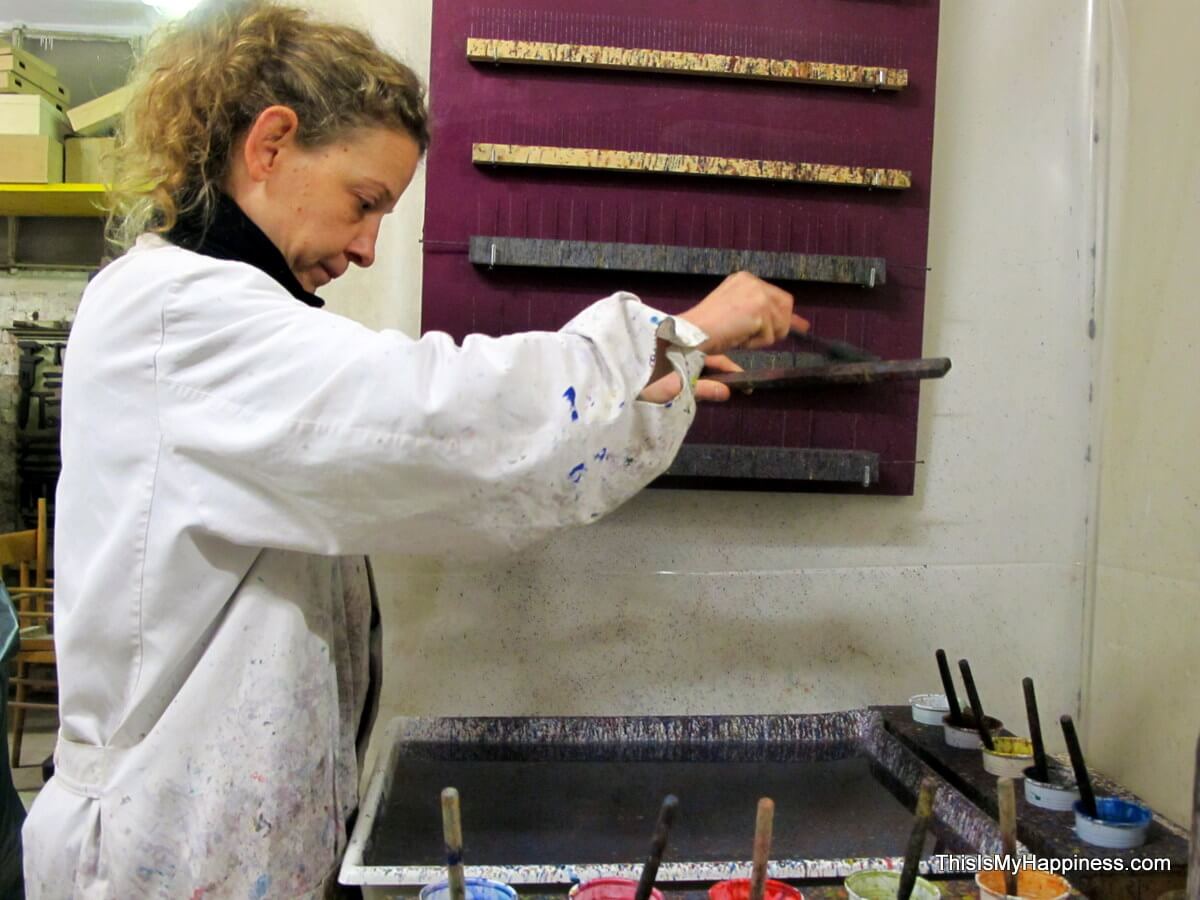
This is one suggestion that I feel especially strongly about. As the world becomes more globalized and resembles a “monoculture,” the need to recognize and support cultural heritage becomes increasingly important. Cultural and artistic traditions are being lost, so it’s time for us to see and support them before they’re gone.
Before traveling, research what traditional arts come from your destination. Look for artists and artisans whose work you can buy; ask where the handicraft markets and artisan workshops are. Once you find them, talk to them about their work and ask how it’s connected to local traditions. Buy some items, and offer a fair price. Buying several items usually results in a discount being offered, but I don’t try to bargain with an artist!
Seek out local festivities and food markets
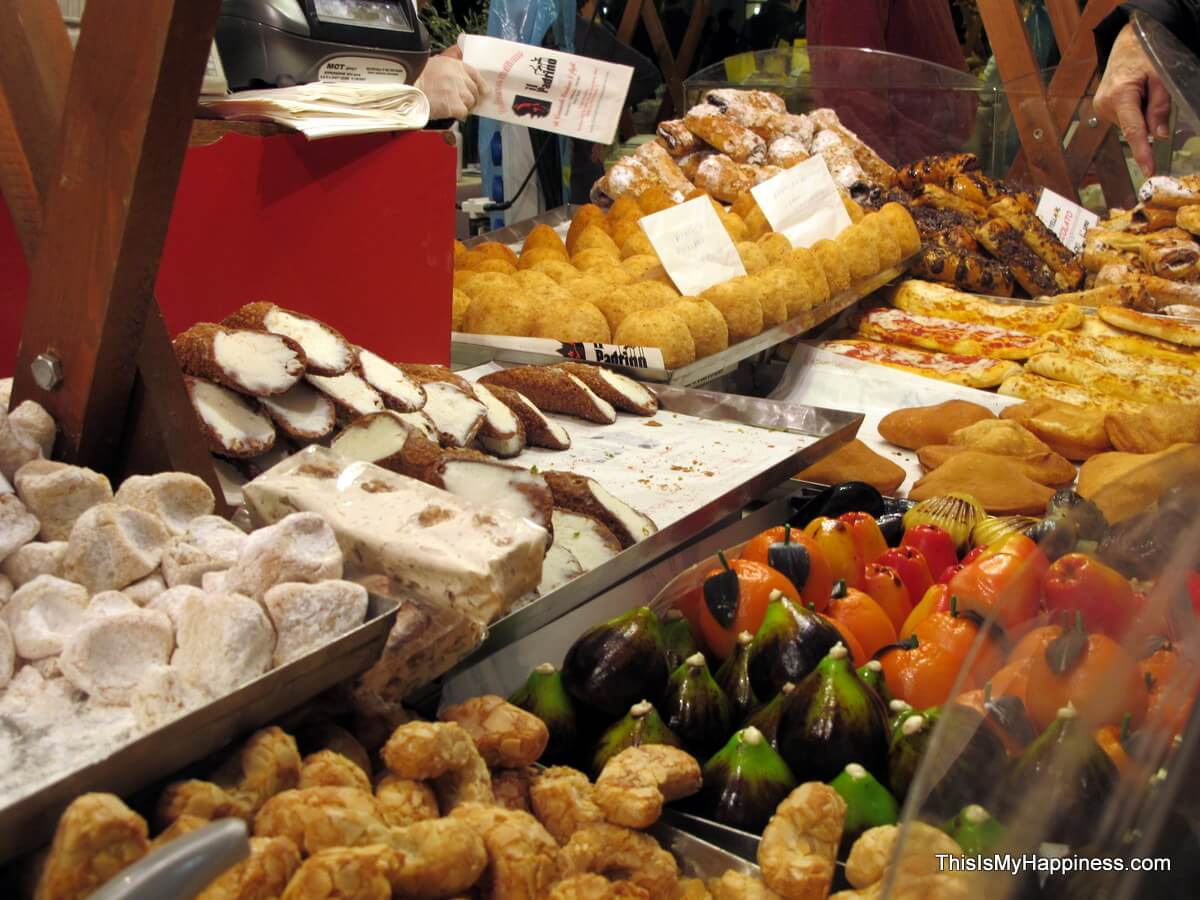
By participating in local festivities and visiting food markets, you get a better view of local life and what the community values. One place I have enjoyed local festivities is in Napa; the city hosts outdoor festivals and food markets all summer, and the attendees are almost all locals. From the bar-be-ques and live jazz to the loads of area beer and wine being served, such an event gives me a taste of what the community is like, minus the touristy image Napa Valley can easily have.
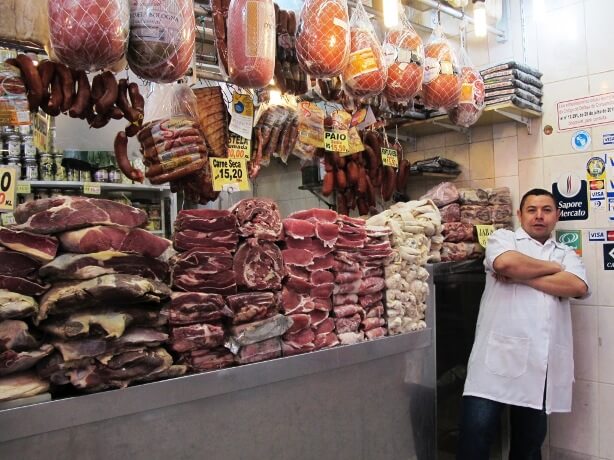
Food is one of the most important parts of life, and in many parts of the world, food symbolizes culture and community. Visiting a local food market allows you to learn more about the food from talking to vendors and seeing what people buy and how they interact with each other. One of my favorite places to learn about culture through food is Brazil–see my post about one of Brazil’s huge indoor food markets here.
What are your suggestions for quality travel? How can you have a richer travel experience while being mindful of the impact you leave on the destination?

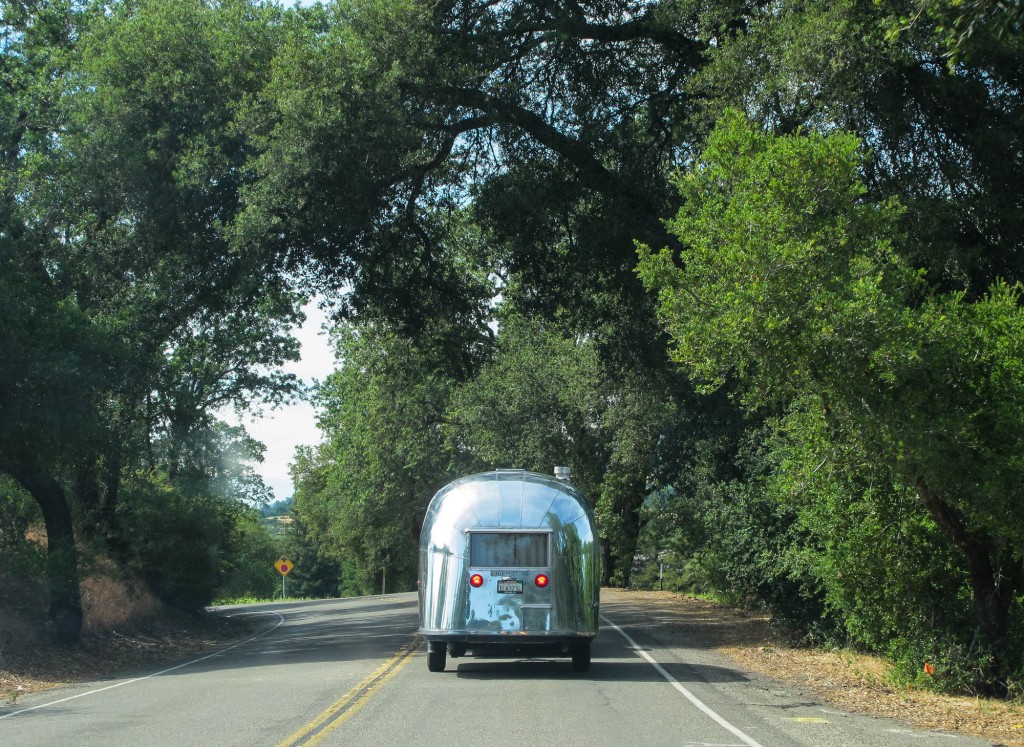
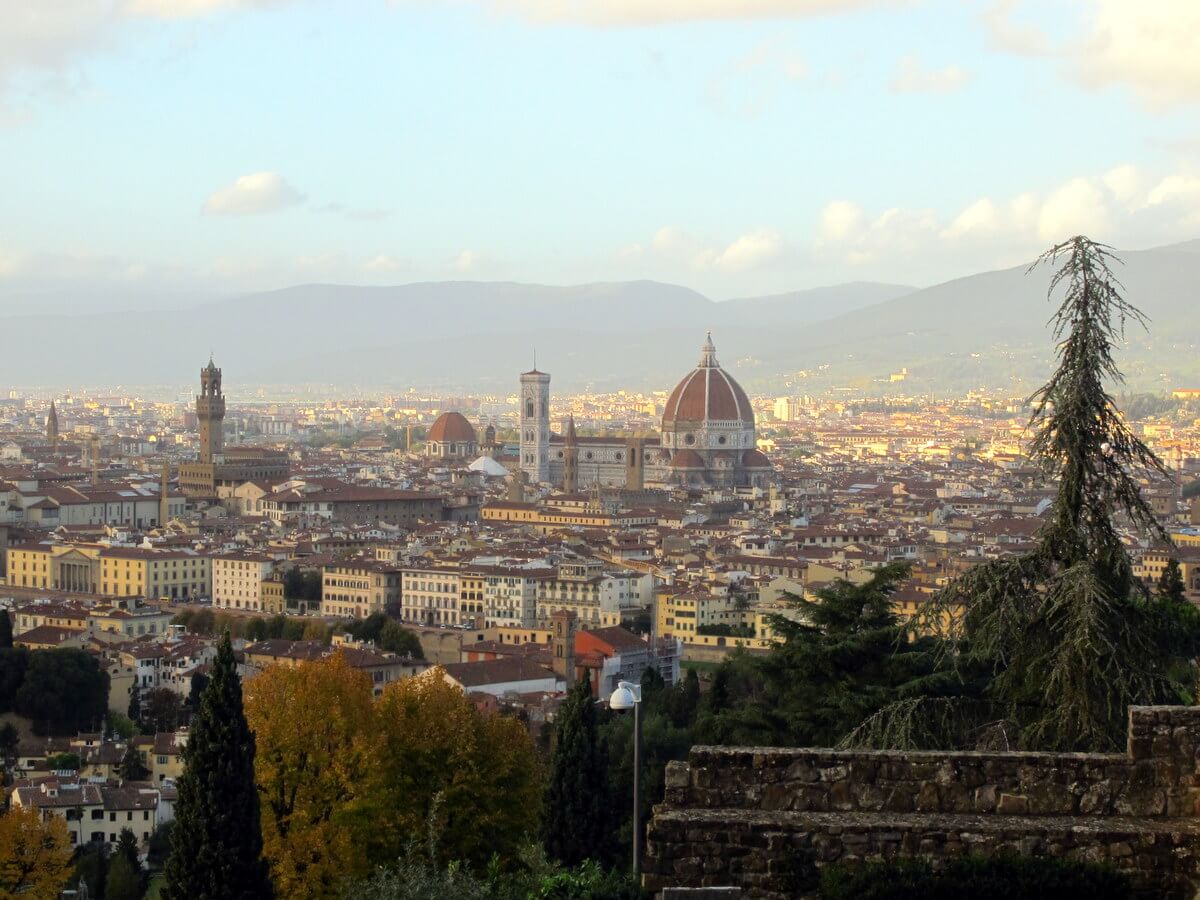
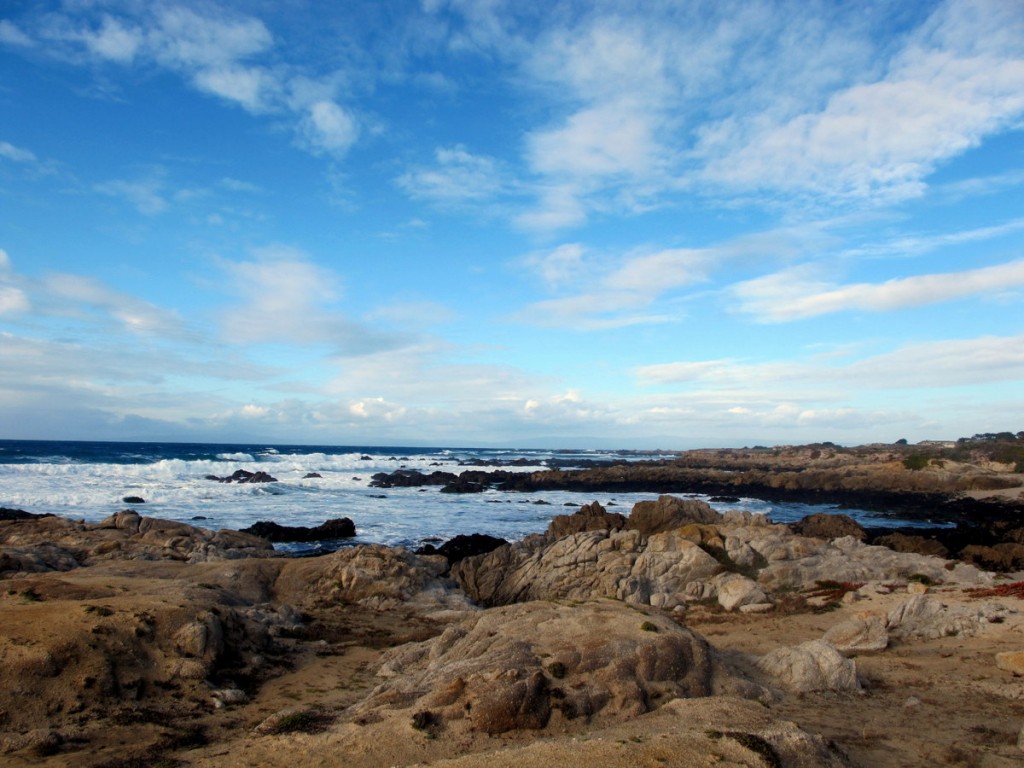
I’m a big proponent of staying with somebody who’s lived in the area: a local, an expat, etc. We couchsurf or use AirBnb whenever possible. That way, we get some insights into the local way of living as well as insiders’ tips to places to go in the area
I haven’t couchsurfed and probably won’t just because I usually travel with my 2 kids, but I love getting some insight into local living by staying in an apartment or house.
Great post! Local festivals provide such a terrific glimpse into the values of a city/culture. Many festivals I’ve been lucky enough to just bump into without meaning to!
I agree with Jill – staying with a local whether via AirBnb, couchsurfing, or a guest house, is an awesome way to get inside tips and avoid unwanted tourist traps 🙂
Definitely connecting with locals and asking for their tips is a great idea.
Excellent post.
While I still prefer to stay in a hotel or B&B a market is a great way to interact with locals and research is key- luckily I like to that sort of thing before I visit a new place or even when I return for the second or eleventh time.
Your upcoming interview with Sucheta sounds very interesting!
Do you have any quality travel tips for going to Paris or France in general?
(it would be great to have some submitted to my #WTFrance2013 giveaway)
Murissa
I wish I had quality travel tips for France, but I haven’t traveled there in ages. Definitely on my list of places to return to.
If you go on a tour or something organized a great idea is to make friends with the tour operator and ask them where they like to hang out and never turn down an offer!! Thanks for the great ideas!
I hadn’t thought of asking the tour operator. Usually they are so friendly, so good idea!
Sustainable and slow travel really should be the feature. In order to truly relax, the mind and body needs the rest of a couple of weeks in a row, something not attainable by everyone, but if we make it a priority, it is something that we can all have. Spending multiple days in one place reduces the need for the actual “traveling” part, and leaves one with all the time to enjoy the scenery!
True, traveling slowly gives us more time, so even though it might seem like we see less, we have more experiences in a way, too.
This is SO important! Thank you so much for posting this. I think if people knew what went on behind the scenes on cruise ships, they would never set foot on one again.
Really? Tell me more. Oh, I just remembered your work reporting on the Concordia. I should interview you about this topic.
Hi Jenna,
I like this article, and I was thinking about this only recently. I also love to stay at local accommodation as opposed to the big hotel chains. Having said that, I recently came to understand that staying in such places is still benefiting local economies because a large hotel supports more jobs than a locally owned guesthouse.
In the end, I believe it’s just about the larger chain hotels becoming more environmentally friendly.
It’s good that different people travel differently. Even tacky souvenir shops are providing jobs of some sort 🙂
Denise, Such a good point about those hotels providing jobs. I personally like hotels (in addition to other types of accommodation), but it’s important that people think about the choices they are making instead of just traveling with blinders on, so to speak.